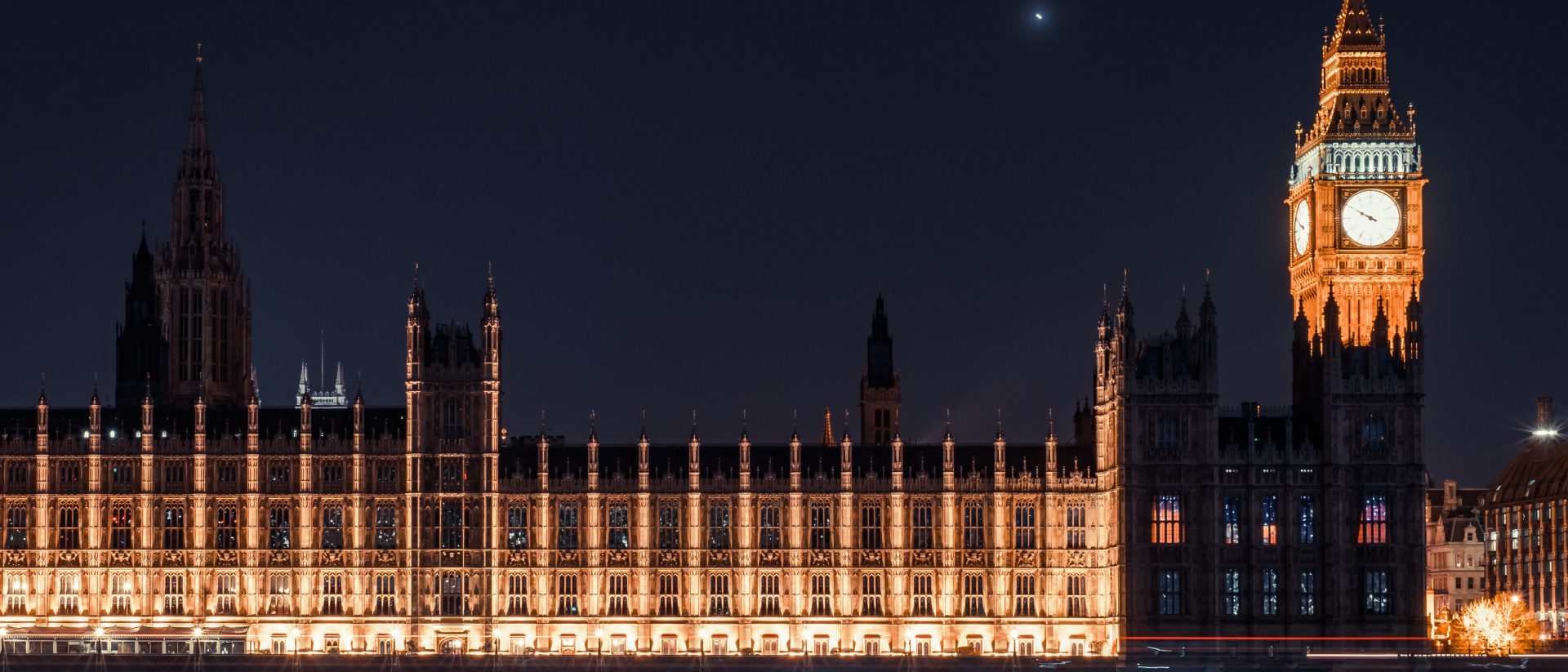Presenting the REA Strategy
Dr Nina Skorupska, CEO & Frank Gordon, Director of Policy
REA Blog, March 2021
Please read the REA Strategy Press Release and Executive Summary here.
In the last few months of 2020, during perhaps the most challenging period of our lifetimes, a string of commitments to a sustainable future were made. In the UK, this underlined a long-term desire to transition to a green economy, and to ensuring that immediate action is demonstrated in our economic recovery. It is also a sign of the broader global commitment to Net Zero.
It is, therefore, essential that the UK’s path to net zero has a comprehensive strategy. A strategy which encapsulates the potential of all technologies and has the flexibility to embrace innovative solutions; which draws on the real experience of industries trying to provide these green solutions; and one which considers the UK’s role as a beacon to other countries, in this respect.
To aid the recovery from the Covid-19 pandemic, the UK government must embrace the opportunity to make the reforms our country and economy need for a sustainable future. The clear measure for this is the legally binding target of Net Zero greenhouse gas emissions by 2050. However, to achieve such a target, the changes which must take place in our economy over the next three decades are on par with those experienced during the industrial revolution, affecting peoples’ homes, businesses, and the very fabric of our nation. Some changes will be occurring globally, but the UK can and must take the lead, both at home and abroad.
In the last months of 2020, amid the uncertainty surrounding the long-term path to Net Zero, the UK government made a series of significant announcements towards Net Zero in the form of the Energy White Paper and the Prime Minister’s Ten-Point Plan for a Green Industrial Revolution. As we said at the time, while the direction of travel is very welcome, this should be seen as a starting point with much more action needed. We have been heartened not only by our sector’s commitment to decarbonisation, but also their ability to deliver in a way that can benefit the whole of society. We need now to work with Government to tackle the barriers that stand in the way of the delivery of a decarbonised economy.
That’s why the REA have produced the ‘Strategy for Renewable Energy and Clean Technologies’ – a strategic pathway of how to deliver the UK’s Net Zero goal and interim targets to get us there. This Strategy helps bridge this gap between aspiration and reality, between Government policy and our sector’s current capabilities and potential.
In the Strategy, we have crystallised our view of how the UK can reach the Net Zero target, and how the REA can play a leading role in helping UK industry take the steps to reach this target. The process of developing this Strategy included in-house research on the UK’s current progress towards Net Zero, the balance between government and private provision of certain sustainable goods and services, and the problems in the current policy framework limiting the delivery of Net Zero emissions.
Our Strategy includes our Impact Ambition, which is Net Zero emissions and 100% renewable energy and clean technology energy supplies by 2050. However, a distant target will result in the current issue the policy discussion around sustainability in the UK creates: too often these discussions fail to initiate real action with positive meaningful consequences. To that end, our Strategy is divided into four pillars: circular bioresources, heat, power & flexibility, and transport. These pillars include many different technologies, with some overlap between pillars. Each pillar has its own impact target based on the REA’s analysis of what is necessary and what is possible to reach Net Zero by 2050, and how each pillar’s technologies play a role in decarbonising their respective industries. Each pillar also features interim targets, ensuring that momentum is kept up and we can track progress.
This Strategy will guide our work for the coming years. While the REA team works on many different sectors, this Strategy will help ensure that all of our collective efforts have direction and cohesion.
If you are interested in the development or operationalisation of the REA Strategy, please don’t hesitate to get in touch by contacting us here.
—ENDS—
For more information or to request an interview, please contact:
Jack Abbott, PR and Communications Manager,
07590 627739/ jabbott@r-e-a.net
Please read the REA Strategy Press Release and Executive Summary here.
About the Association for Renewable Energy and Clean Technology (REA)
The Association for Renewable Energy and Clean Technology (known as the REA) is the UK’s largest trade association for renewable energy and clean technologies with around 550 members operating across heat, transport, power and the Circular Economy. The REA is a not-for-profit organisation representing fourteen sectors, ranging from biogas and renewable fuels to solar and electric vehicle charging. Membership ranges from major multinationals to sole traders.
For more information, visit: www.r-e-a.net

